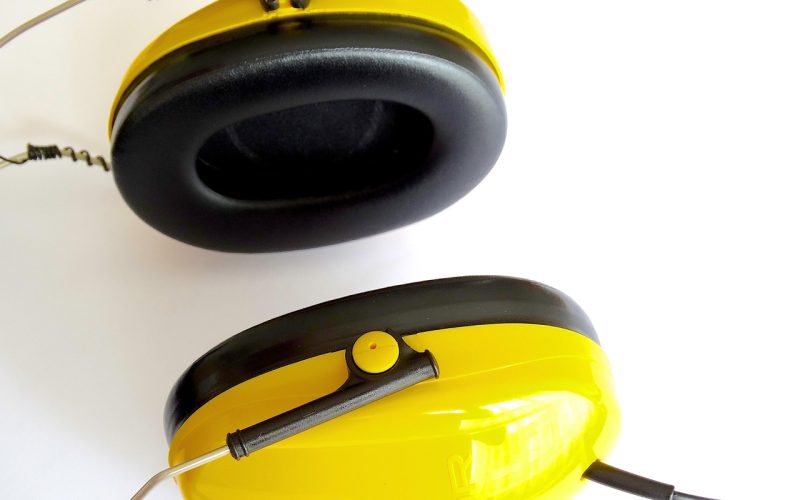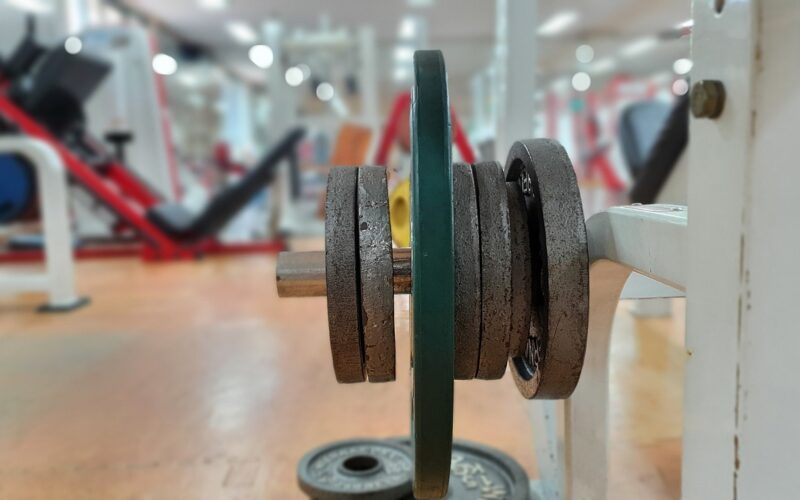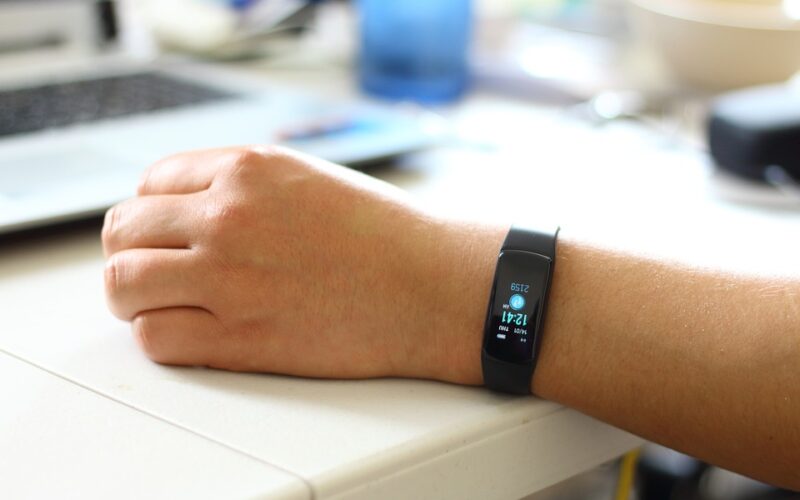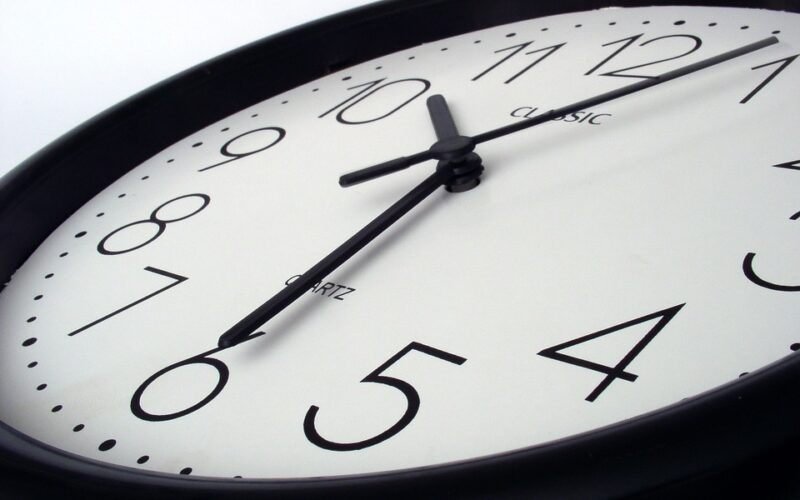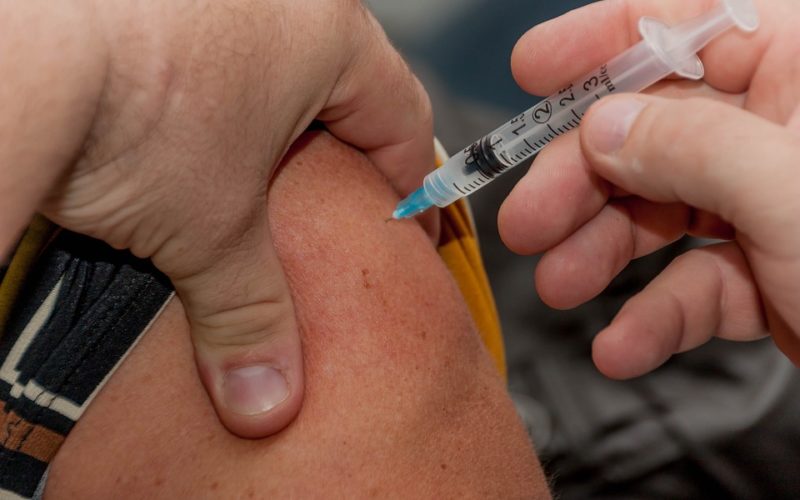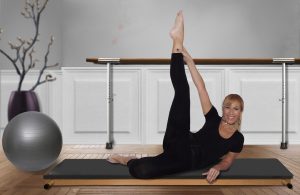Loud noise is more than just an annoyance; for millions of workers, it is a daily hazard that threatens their long-term health. Whether it is the rhythmic clanging of a factory line or the roaring engines of a construction site, occupational noise exposure is a leading cause of preventable hearing damage.
Yet, many workers delay seeking help until the damage is done. This post explores why regular hearing tests are non-negotiable for those in high-noise industries and offers a comprehensive look at understanding, coping with, and managing hearing loss.
The Reality of Occupational Noise
Noise-induced hearing loss (NIHL) is insidious. It often creeps up slowly, masking its severity until communication becomes a struggle. Workers in sectors like manufacturing, mining, and entertainment are on the front lines of this battle.
While safety regulations exist, the personal responsibility to monitor one’s own hearing health is paramount. A simple hearing test can be the difference between preserving your senses and facing a silent future.
What Is Hearing Loss in a Noisy World?
To protect yourself, you must first understand the enemy. So, what is hearing loss when it comes to occupational hazards? At its core, NIHL happens when the sensitive hair cells inside the inner ear (the cochlea) are damaged by powerful sound waves.
These cells act as the bridge between sound and the brain. Once they are flattened or destroyed by excessive noise, they do not grow back. The damage is permanent.
The Sound of Heavy City Traffic
This type of hearing loss is directly related to the intensity of the sound and the duration of exposure. Sounds are measured in decibels (dBA). Prolonged exposure to noise above 85 dBA—roughly the sound of heavy city traffic—can cause significant damage over time.
In many industrial settings, noise levels far exceed this. For instance, a chainsaw operates at about 110 dBA, and a jet engine at takeoff can reach 140 dBA. When workers are exposed to these levels without adequate protection, the hair cells are overworked and eventually die.
Ringing or Buzzing in the Ears
The symptoms of NIHL often begin with the loss of high-frequency sounds. You might hear people talking, but you cannot quite make out the words, especially if there is background noise. It is common to feel like everyone is mumbling.
Tinnitus, a ringing or buzzing in the ears, is another hallmark sign. It is effectively the sound of the ear dying. Unlike age-related hearing loss, which is inevitable for many, noise-induced loss is 100% preventable, making awareness and testing critical tools in a worker’s arsenal.
The Emotional and Social Impact
Receiving a diagnosis of hearing loss can be a heavy blow. Coping with hearing loss is not just about adjusting volume knobs; it is an emotional journey that requires patience and resilience.
Many workers feel a sense of stigma, fearing that admitting to hearing trouble might jeopardise their job security or make them seem "old" before their time. This often leads to denial, where individuals withdraw from social interactions to avoid the embarrassment of asking people to repeat themselves.
Mental Load of Constantly Straining
The strain on relationships can be significant. Family members may feel ignored, while the person with hearing loss feels isolated and frustrated. The mental load of constantly straining to decipher speech can lead to "listening fatigue," leaving you exhausted by the end of the day. Acknowledging these feelings is the first step toward coping. It is vital to grieve the loss of natural hearing and then move toward acceptance.
Professional Counselling or Support Groups
Support networks play a huge role here. Being open with colleagues and loved ones about your hearing needs changes the dynamic from frustration to cooperation. Simple adjustments, like asking people to face you when speaking or moving conversations to quieter areas, can make a world of difference.
Professional counselling or support groups can also provide strategies for navigating the psychological impact, helping you realise you are not alone in this experience.
Strategies and Solutions
Once hearing loss is identified, the focus shifts to management. Managing hearing loss effectively allows workers to remain active, productive, and safe in their roles. The cornerstone of management is often hearing aids.
Modern technology has revolutionised these devices; they are no longer the bulky beige blocks of the past. Today’s hearing aids are discreet, digital marvels that can be programmed to boost the specific frequencies you have lost while suppressing background noise. Some even connect directly to smartphones, allowing for clearer phone calls and media streaming.
Personal Protective Equipment (PPE)
Beyond hearing aids, management involves a lifestyle shift prioritising protection. If you have already lost some hearing, protecting what remains is critical. This means strict adherence to wearing Personal Protective Equipment (PPE) like custom-moulded earplugs or industrial-grade earmuffs whenever you are in a noisy environment. It is not just about work, either; mowing the lawn or attending a rock concert also requires protection.
Assistive Listening Devices (ALDs)
Regular auditory check-ups become as routine as dental visits. These allow audiologists to monitor the progression of any loss and adjust hearing aid settings accordingly.
Additionally, assistive listening devices (ALDs) can bridge gaps in specific situations. For example, amplified telephones, vibrating alarms, and loop systems in public spaces can help maintain independence. Successful management is about taking control, using the available tools, and refusing to let hearing loss define your capabilities or limit your life.
Industry-Specific Risks and Recommendations
Different industries present unique auditory challenges. In factories, the constant drone of machinery creates a "wall of sound" that is relentless.
Workers here need annual audiograms to track threshold shifts. In construction and mining, the noise is often impulsive—sudden, incredibly loud bangs from pile drivers or explosives. These sharp peaks in volume can cause immediate acoustic trauma. For these workers, double protection (plugs plus muffs) is often recommended.
High-Fidelity Earplugs
Musicians and night entertainment staff face a different paradox: sound is their product. The challenge is protecting hearing without distorting the music. Musicians often rely on high-fidelity earplugs that reduce volume evenly across frequencies, maintaining the integrity of the sound. Regular breaks from noise are also essential to allow the ears to "rest" and recover.
Understanding the Mechanics of Loss
Your hearing is a non-renewable resource. For workers in high-noise environments, the threat of silence is real, but it is also manageable. By prioritising annual hearing tests, understanding the mechanics of loss, and embracing modern management strategies, you can protect your livelihood and your quality of life. Don't wait for the ringing in your ears to become permanent—book a hearing test today and take charge of your auditory health.
